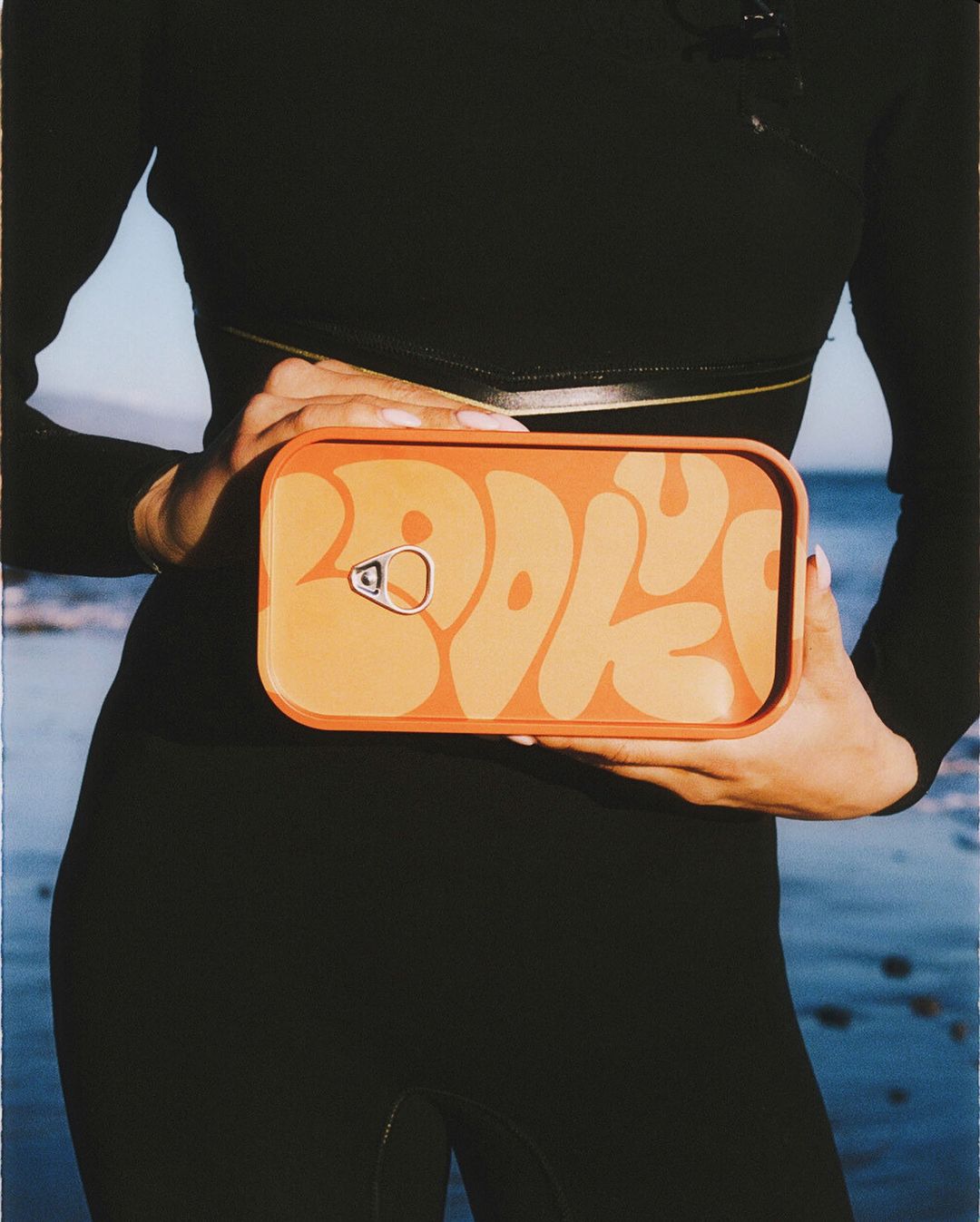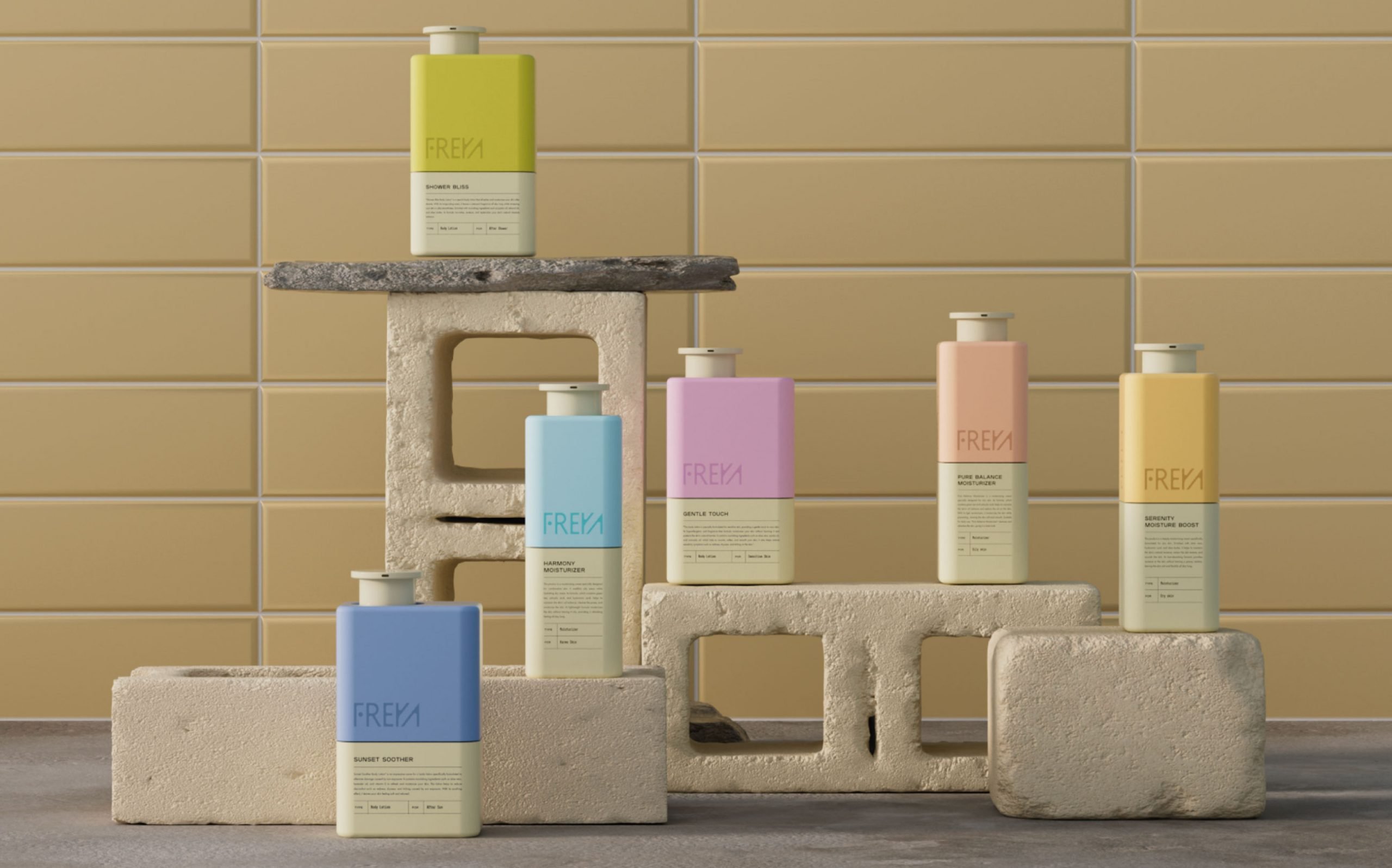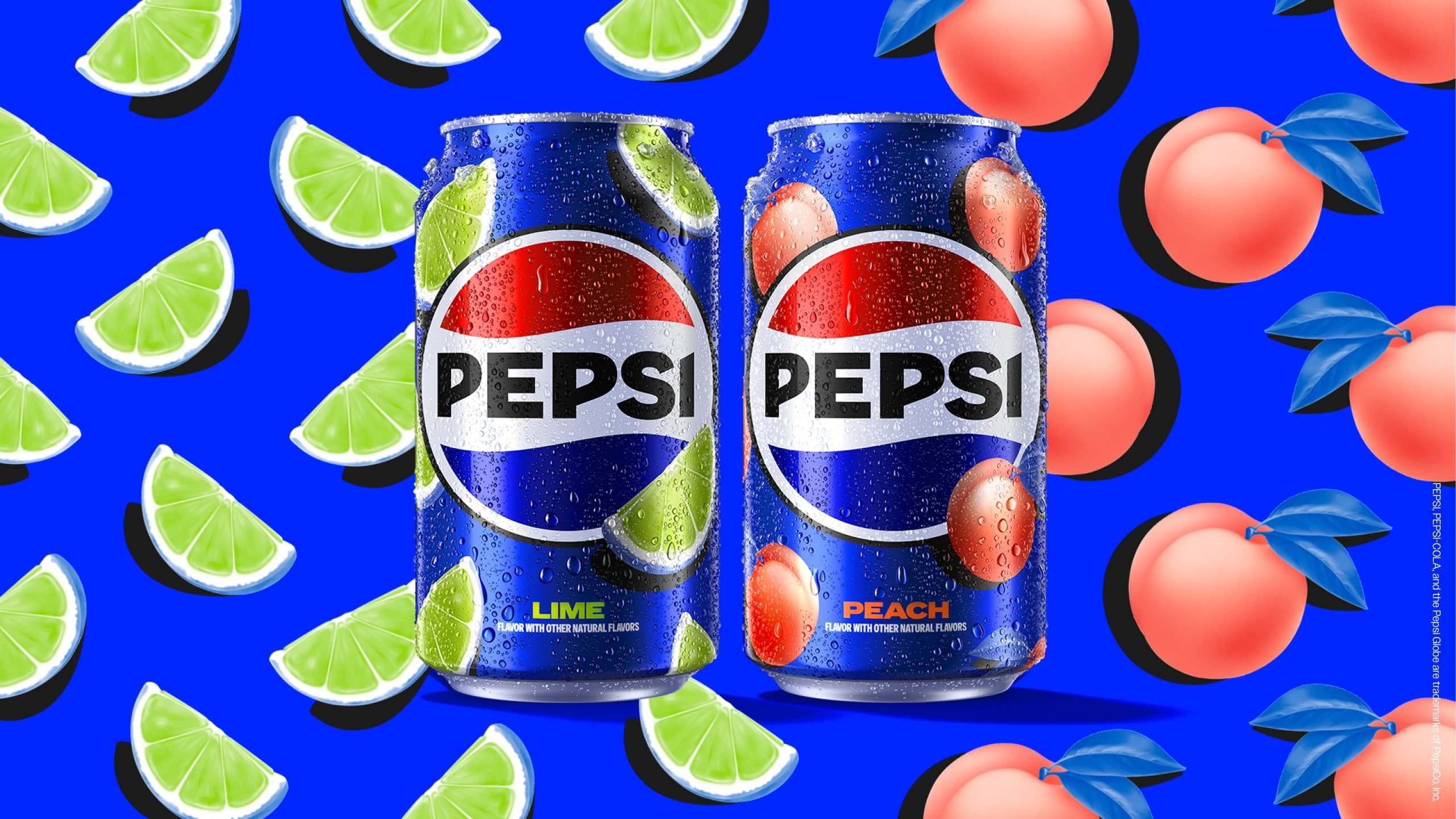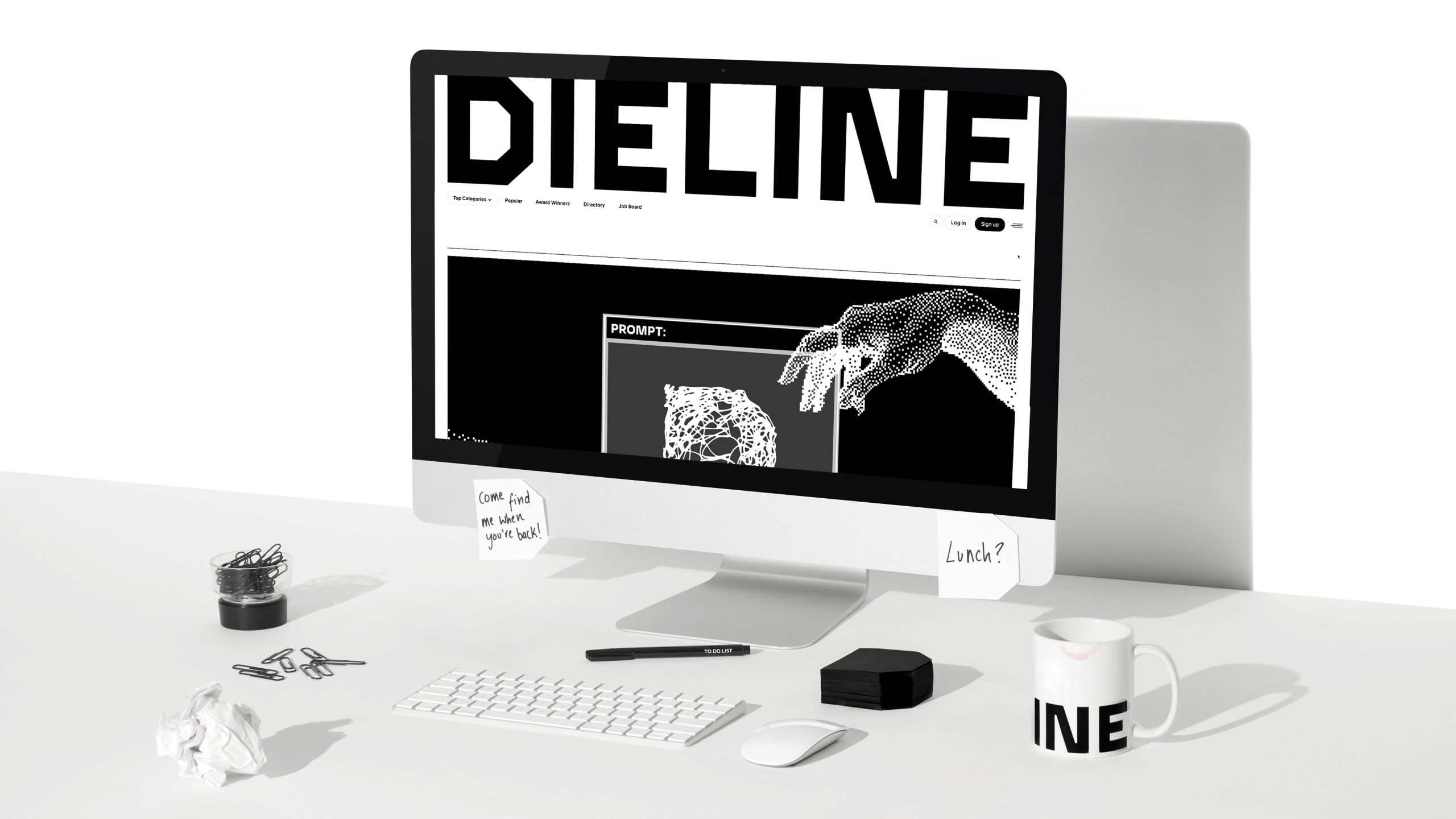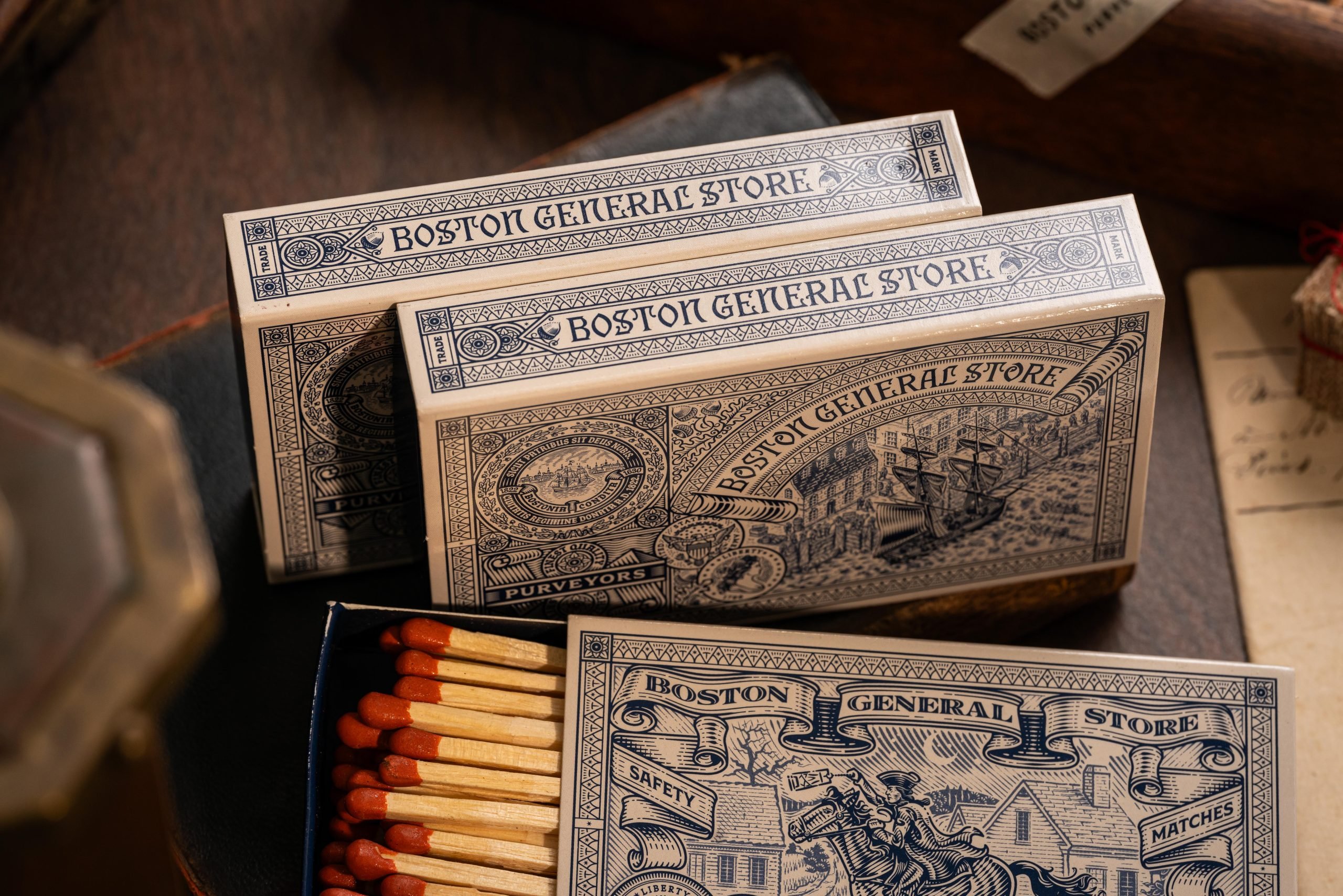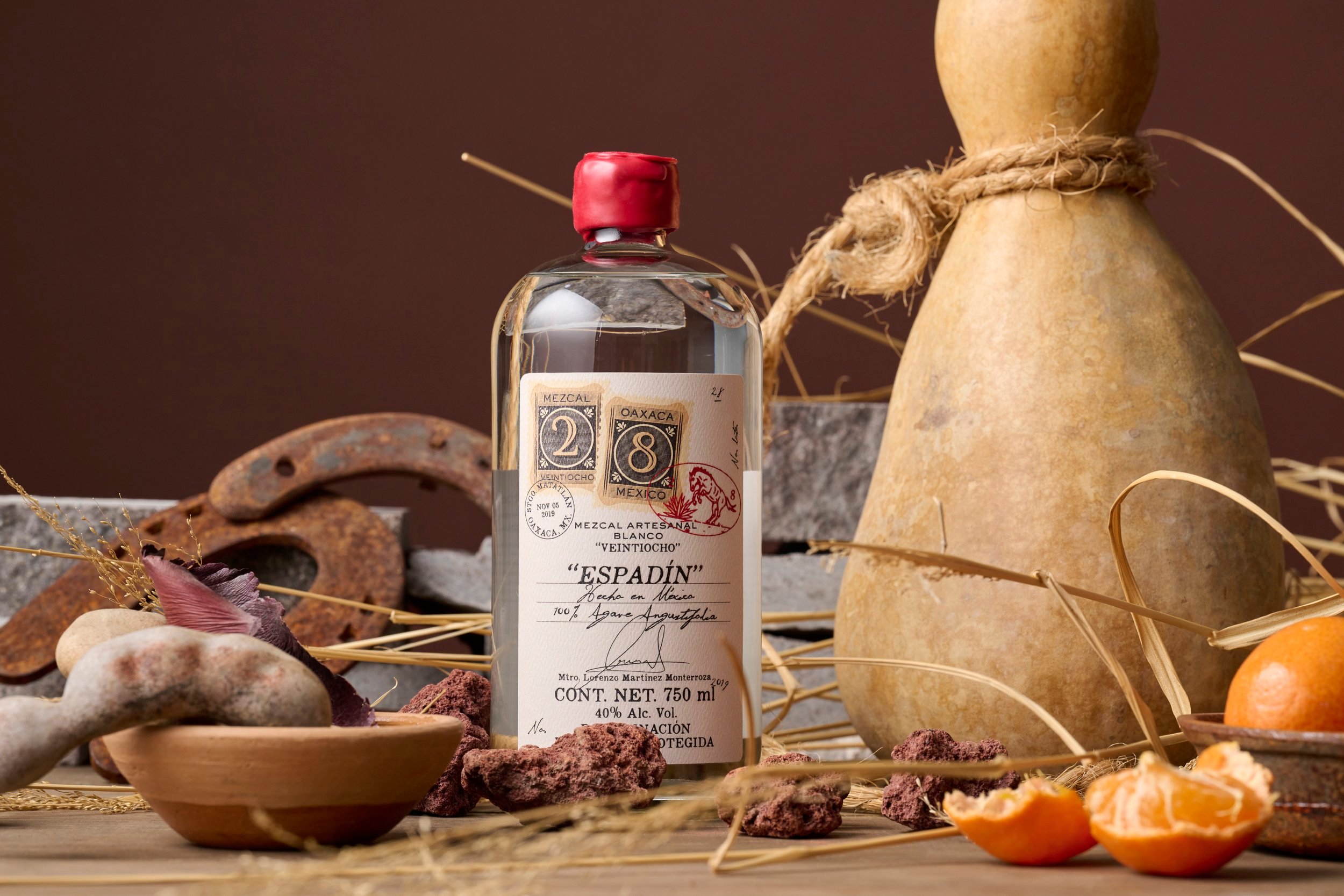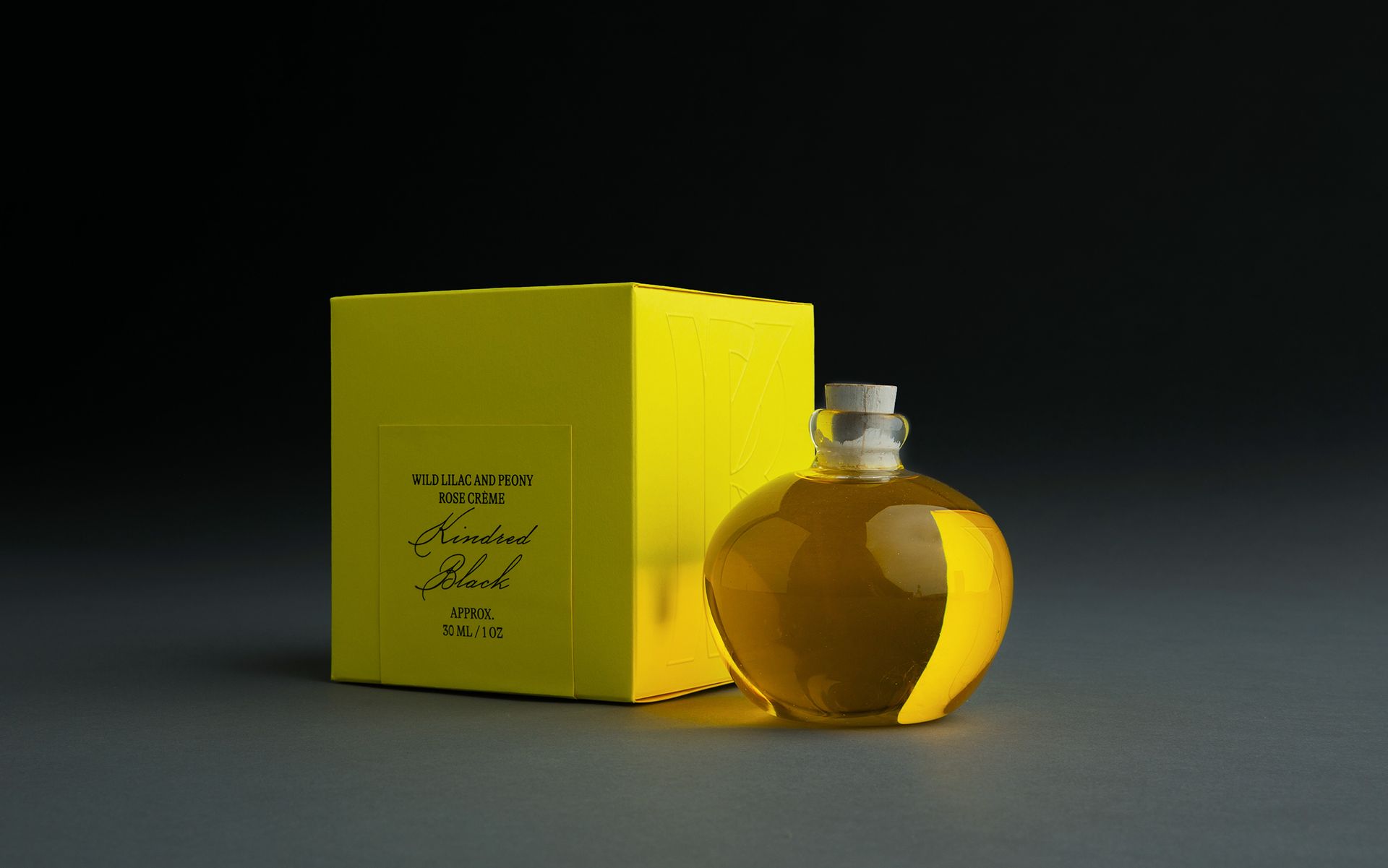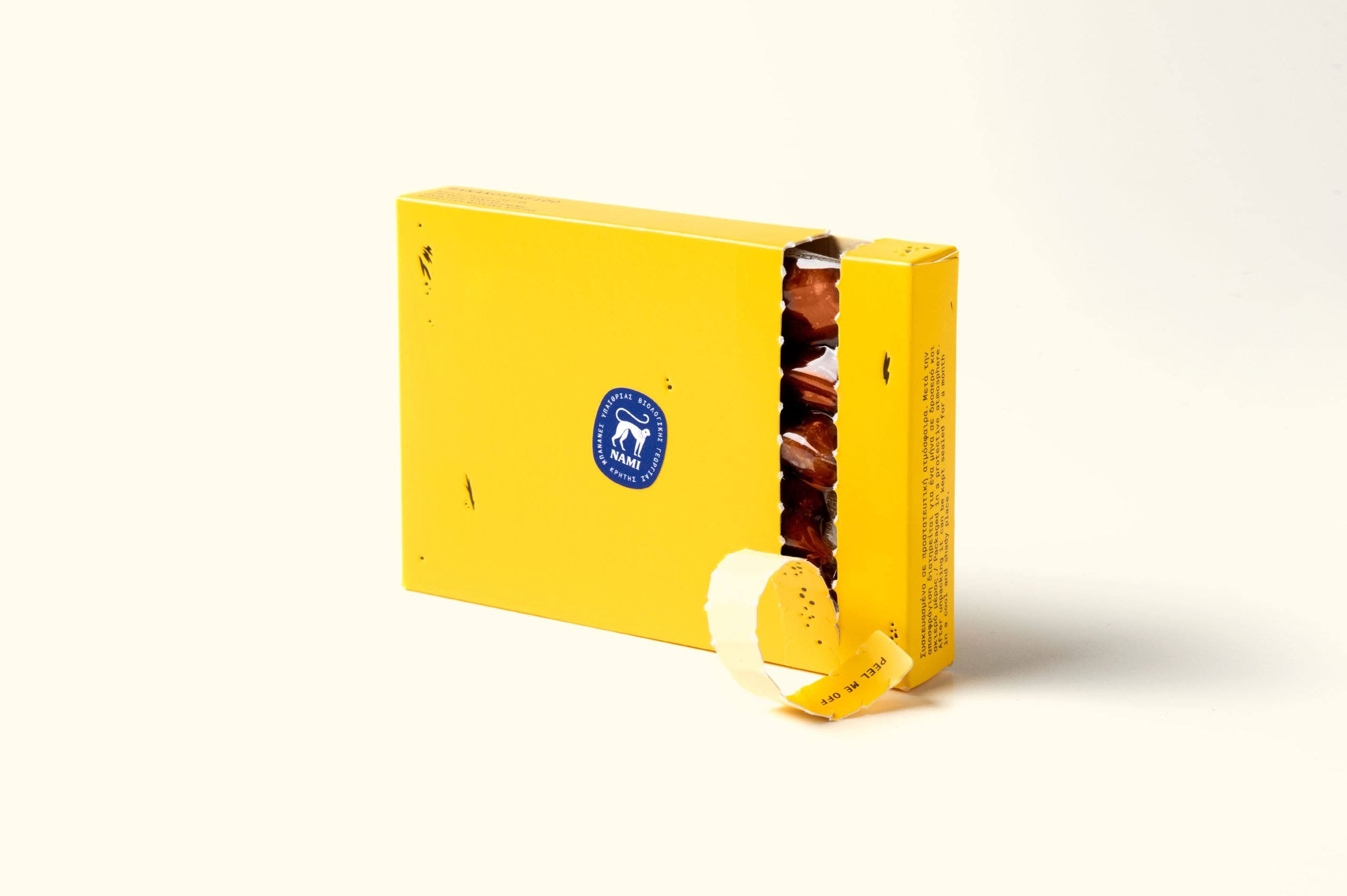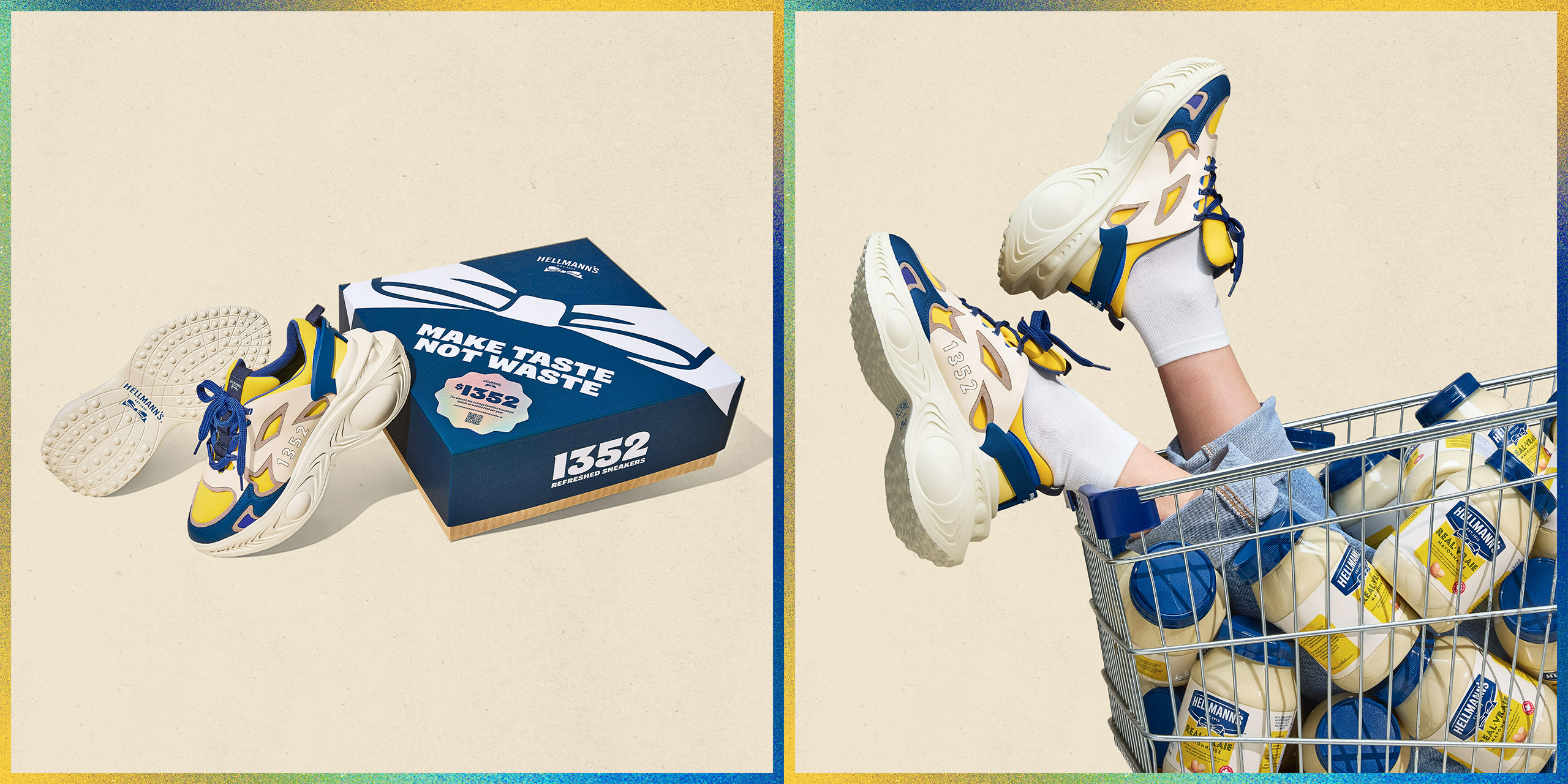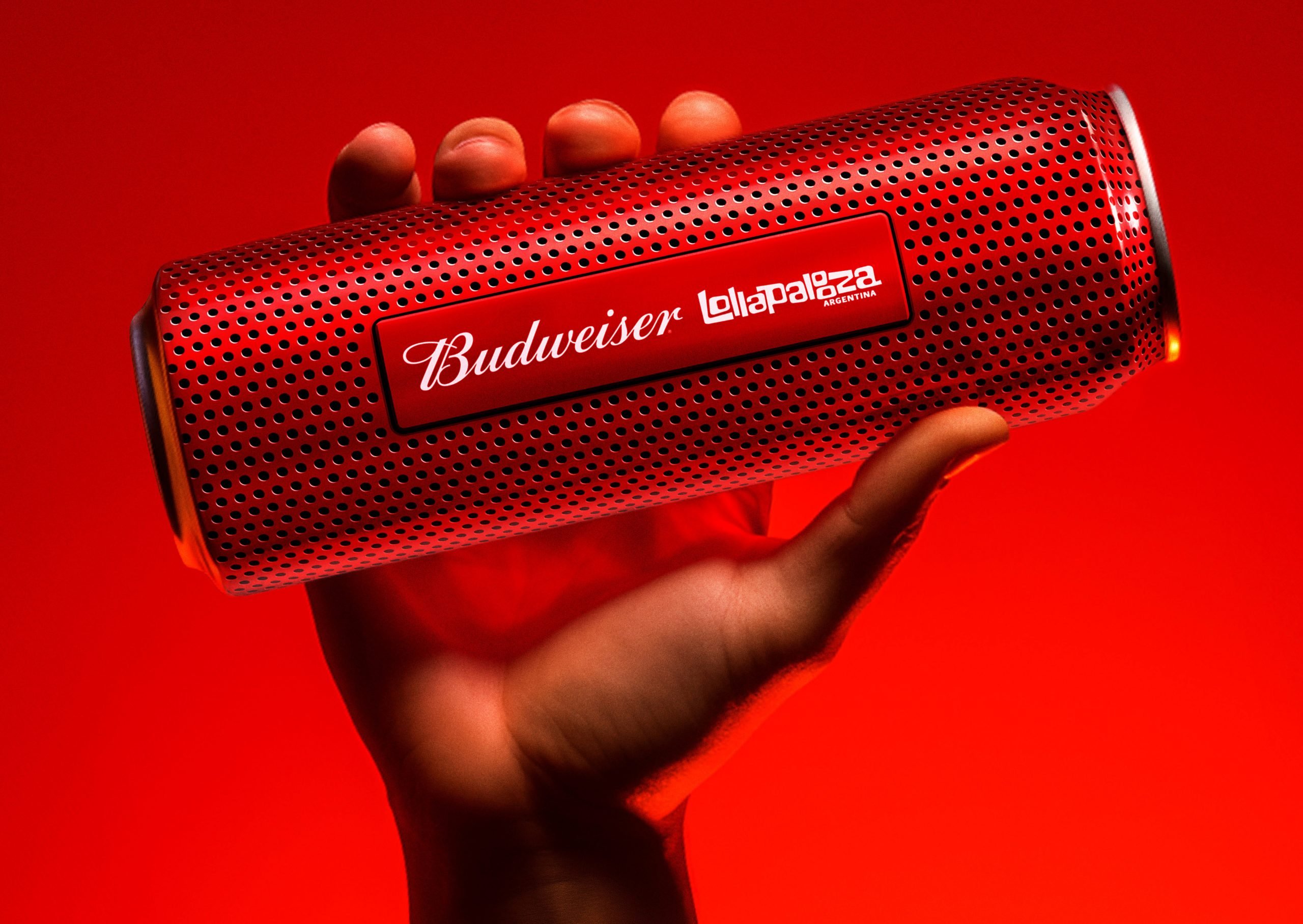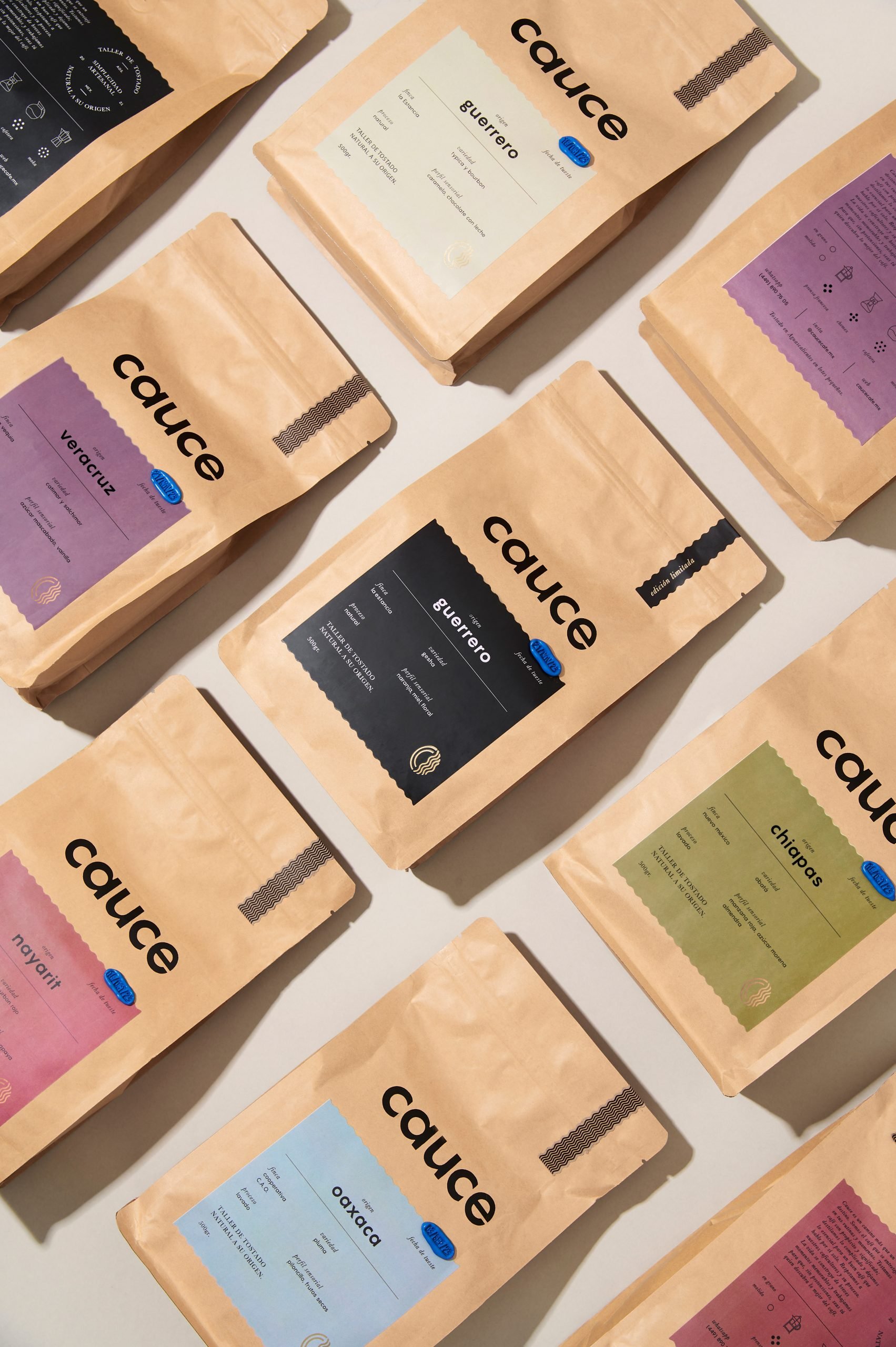In Finland, almost all babies sleep inside a cardboard box.
Since 1938, the Finnish government has provided a box filled with baby essentials for expecting mothers, starting with low-income moms before they send it to the other new mamas. Demonstrative of Nordic pragmatism, the boxes also serve as a bassinet.
While Finnish babies sleep comfortably in boxes, the situation is much different in the United States. Newborns in the US find themselves in buggies made from synthetic fabrics and unrecyclable materials. Other countries like Canada and Scotland (and the state of New Jersey) have also adopted the baby box concept.
